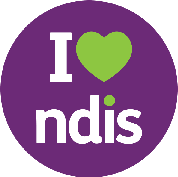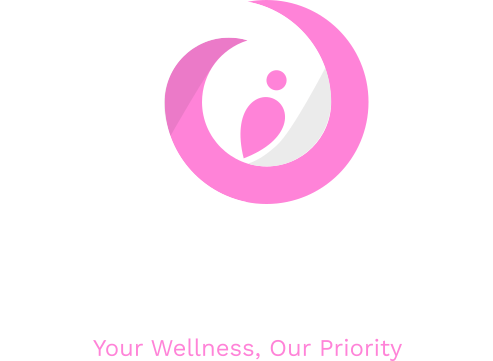Choosing the right NDIS support coordinator is a pivotal step in your journey with the National Disability Insurance Scheme (NDIS). A skilled coordinator not only helps you understand your plan but also connects you with appropriate services, ensuring your supports align with your goals. If you’re not sure what questions to ask your NDIS coordinator, this guide will help.
🧭 Why Selecting the Right NDIS Support Coordinator Matters
Support coordinators play a vital role in helping you navigate the NDIS system. They assist in understanding your plan, connecting you with suitable providers, and ensuring that your supports align with your goals. A good coordinator empowers you to make informed decisions and builds your capacity to manage your supports independently.
Given their integral role, it’s essential to choose someone who understands your unique needs and communicates effectively.
✅ 5 Essential Questions to Ask Your NDIS Support Coordinator
Here are the top 5 questions to ask your NDIS coordinator during your first meeting.
1. What experience do you have working with participants like me?
Understanding a coordinator’s background can provide insight into their ability to meet your specific needs. Inquire about their experience with individuals who have similar goals or support requirements.
What to look for in their answer:
- Specific examples of working with similar disabilities or conditions
- Understanding of age-specific or culturally appropriate supports
- Professional qualifications and ongoing training
- Knowledge of innovative approaches relevant to your needs
An experienced coordinator might say: “I’ve been supporting participants with autism for five years and have helped several families access sensory-friendly services in our area. I regularly attend workshops on the latest support approaches.”
2. How do you communicate with participants, and how often?
Effective communication is key to a successful partnership. Inquire about their preferred methods of communication and how frequently they check in with participants.
What to look for in their answer:
- Flexibility in communication methods (phone, email, video calls, in-person)
- Clear expectations about response times
- Willingness to adapt to your preferred communication style
- Plans for regular check-ins and progress reviews
A coordinator focused on communication might explain: “I typically check in with participants monthly, but we can adjust based on your needs. I’m available by email for quick questions and can schedule calls for more detailed discussions.”
3. What is your knowledge of local services and providers?
A coordinator with strong local knowledge can connect you with services that are convenient and tailored to your community. Their network of trusted providers is one of their most valuable assets.
What to look for in their answer:
- Familiarity with specialized services in your area
- Relationships with quality providers
- Knowledge of community resources beyond formal NDIS supports
- Understanding of waiting lists and alternatives
Listen for responses like: “I maintain a database of local providers and meet regularly with new services. I can suggest several occupational therapists near you who specialize in sensory integration.”
4. How do you handle emergencies or unexpected changes?
Life can be unpredictable, and it’s important to know how your coordinator will support you during emergencies or significant changes to your circumstances.
What to look for in their answer:
- Clear emergency protocols
- Availability outside standard hours for urgent matters
- Backup arrangements when they’re unavailable
- Experience in crisis management and plan adjustments
A prepared coordinator will say: “I provide all participants with my work mobile number for urgent situations. If I’m unavailable, my colleague can step in, and they’re familiar with all my participants’ needs.”
5. How will you help me set and achieve my goals?
Your coordinator should assist you in identifying your goals and developing a plan to achieve them. This question reveals their approach to person-centered planning.
What to look for in their answer:
- Strategies for exploring your aspirations beyond basic needs
- Tools for breaking down large goals into achievable steps
- Methods for tracking progress
- Approach to adjusting plans when things aren’t working
A goal-oriented coordinator might explain: “We’ll start by exploring what a good life looks like for you, then identify the supports needed to get there. We’ll review progress quarterly and adjust approaches as needed.”
🧠 Tips for Evaluating Their Answers
- Listen for clarity and confidence: A knowledgeable coordinator will provide clear and confident responses, demonstrating their expertise without using unnecessary jargon.
- Assess their understanding of your needs: They should ask questions about your situation rather than making assumptions based on your disability.
- Notice how they make you feel: Trust your instincts—you should feel respected, heard, and comfortable during your conversation.
- Observe their listening skills: A good coordinator listens more than they talk during a first meeting.
- Ask for examples: Request specific examples of how they’ve helped participants overcome challenges similar to yours.
Remember that you have the right to change coordinators if the relationship isn’t working. Your NDIS journey is unique, and finding the right support is worth the effort. Knowing the right questions to ask your NDIS coordinator can make your experience more effective and empowering.
🌱 Learn More and Get the Right Support for Your NDIS Journey
At Centre of Hope, we understand the importance of choosing the right NDIS support coordinator. Our experienced team is dedicated to providing personalised support that aligns with your goals and preferences. We offer a range of services to help you navigate the NDIS with confidence.
If you’re still getting familiar with the NDIS, you can also visit the NDIS official website to explore how support coordination fits into your plan, or check out their guide to working with providers.
🔹 Learn more about our services
🔹 Read our blog for more insights
🔹 Contact us to discuss your needs
🔹 Understanding NDIS Support Coordination: What It Is and Why It Matters








